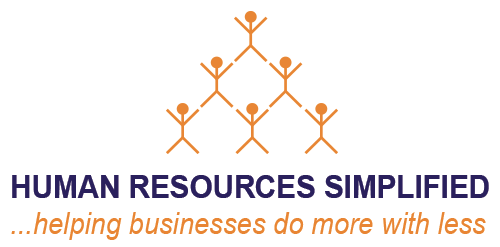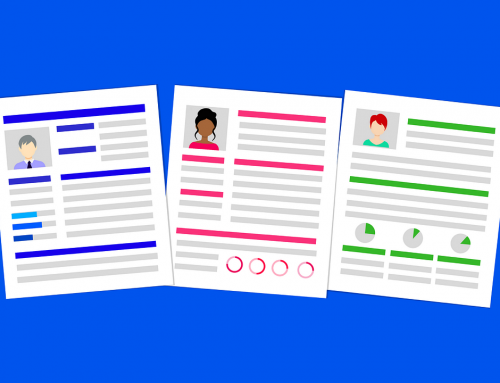“There are only three measurements that tell you nearly everything you need to know about your organization’s overall performance: employee engagement, customer satisfaction, and cash flow.” – Jack Welch
The Father of Employee Engagement is considered to be William Kahn. In 1990, when Jack Welch was leading General Electric to a superior position in corporate America by espousing the power of firing 10 percent of his workers each year, Dr.William A. Kahn recommended a different approach.
- Employees would be engaged and offer better efforts at their jobs, Kahn argued, if they felt that:
- They were doing something important to contribute to organizational success.
- They were enjoying rewarding and supportive relationships with supervisors and coworkers.
- They were afforded the physical (environment) and psychological resources they needed to accomplish their work.
According to author of Employee Engagement 2.0, Kevin Kruse, employee engagement boils down to the “emotional commitment the employee has to the organization and its goals.” Employee engagement can be determined through a variety of Human Resources tactics such as an employee satisfaction survey or employee focus groups.
Having an engaged and happy workforce is important for optimal performance, customer service, and workplace interactions. Through the use of regular surveys, HR managers can understand what may create a lack of satisfaction at a job, making it easier to identify ways to improve certain aspects of the workplace culture.
Although employee engagement is a buzz-term at the moment, it’s important to know that members of the now working Gen Z most report looking for jobs that provide safety and the opportunity for financial independence. That means if you are looking to hire young, newly graduated college students, offering important financial incentives like retirement matching, paid time off, and other benefits are important to this generation, which said they would prefer financial security to job satisfaction.
Millennials, now one of the largest generations in the workforce, are focused on doing work that they find meaningful and impactful. As a generation saddled by student debt and the ill effects of the 2008 economic downturn, millennials also seek financial freedom and work-life balance, but many are willing to take home a smaller salary for more meaningful work.
Through surveys, you can gather whether workers feel that their job has meaning, purpose, and the ability to provide financial security. Employees who are less financially stressed can show up with a clearer head and more motivation to work than those who feel underpaid and underappreciated.
If you are looking for new ways to boost employment engagement, try these tips:
- Ensure employees have what they need to succeed. If your social media manager needs Hootsuite or your tech guy needs some sort of application to make their job easier, help advocate for these changes that might automate their work and improve their satisfaction.
- Show genuine attention. Make sure the employees who seem less engaged are getting more attention. If you notice an employee looks downcast often, perhaps a pep talk or review is needed to remind them that they are good at what they do. One-on-one meetings can also help you identify what this employee might be missing from the workplace culture.
- Provide training — classroom, online, microlearning. Look into useful and effective training tools so that all your staff can level up. New skills breed new confidence.
- Boost outside work activities. Engaging employees in volunteer projects or group charity walks can be a great way to boost engagement amongst teams. Not only can it make the company look good as a community partner, but employees will feel more connected to one another and the community as a whole. Perfect for millennials who want to be part of something important
Employee engagement is an important way to check in on the company culture and see ways you can improve. Through surveys and meetings, you can find new ways to inspire and motivate your workforce.
Human Resources Simplified is an experienced and full-service human resources consulting company providing clients with strategic people and team planning, recruiting, training, mentoring and facilitating using consulting and coaching. If you have staff, we have solutions. Win the game of business with our specialists.

Jean (JJ in HR) is a certified senior-level human resources executive/consultant, adjunct professor, management trainer, professional speaker, resume writer, career coach, LinkedIn profile builder, and published author.









